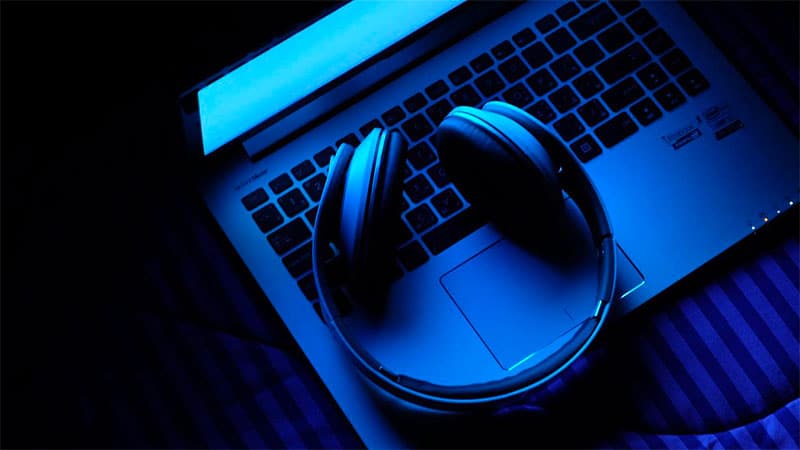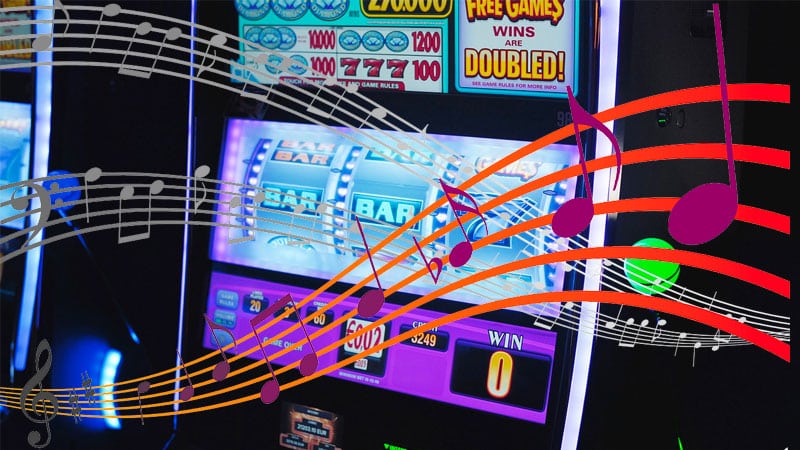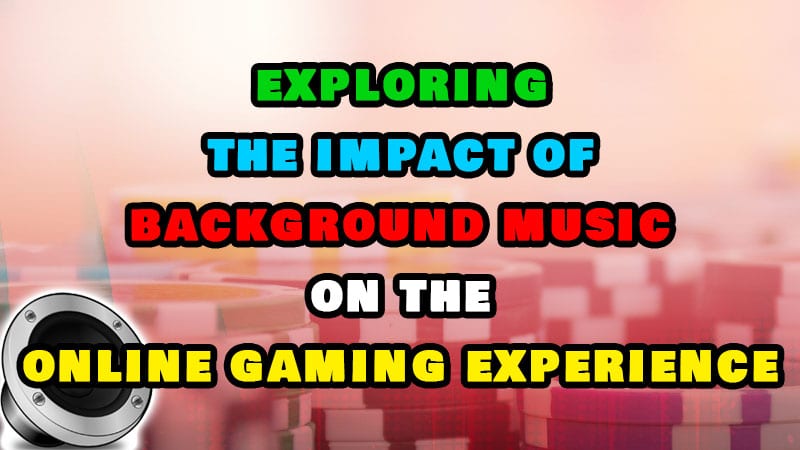The music industry has always been devoted to standing for the showmanship and the essence of uniqueness that lies within each musical piece or performance. However, technology has begun to democratize the creative process that lies underneath the makeup of music itself and even the business model that companies pursue in the industry.
Like bettors and gamers looking for their next NFL picks, AI has allowed individuals and companies to search for and even create their music. The process is narrowed to a couple of clicks, and users can have their top tunes ready for commercial usage in just a few minutes.
The Perception of AI in Music
Artificial intelligence (AI) has dealt with the challenge of recreating the structure behind human thinking. This implies replicating everything that makes up a human mind and the background that allows for the creation of ideas and the final product of this.
These processes have been used multiple times for recreating writing, speaking, and some degree of artistic representation. Major gaming companies such as BetUS have also implemented AI to create and identify top statistical information about games, players, odds, and everything that makes up the numerical world of gaming.
When it comes to numbers, it’s easier to see how technologies such as AI can be implemented. Yet, the challenge gets steeper when it comes to other aspects of the creative and original production of language, art, or music.
As in the case of many industries, technology has become a natural disrupter and can break the paradigms of what most believe is possible. This last point is to reach the impossible.
AI is already being implemented in the creation of music. Through various aspects of the industry, it appears that its presence is becoming even more significant and undoubtedly one that will prevail through developing new companies.
AI Disrupting the Music Industry
Startups have experimented with AI as the principal engine to create music. The way it works is users access a specific software or application which allows them to personalize how they wish their tunes to come out.
Like gamers browsing through top betting selections through major providers such as BetUS, individuals can now browse through their almost newly created music piece. First, they choose the type of music and start modifying aspects of the soundtrack. These will include tempo, beat, base, main theme, and even lyrics when available.
Once users create their music pieces, they can proceed to use them for personal purposes for free. If they wish to use it for professional purposes, they will be asked to pay a fee proportional to the degree to which they will own the rights of the piece itself. Some companies charge anywhere from $20 to $200 to purchase the copyrights of a newly created AI music piece.
With this model in place, companies have simplified the creative process that involves putting music together for individuals and companies. Most users are now able to access these tunes for a fraction of the price they would otherwise pay.
Some are also experiencing the entire process of creating their tunes from scratch. To users, this is quite the process.
Identifying the Value
For some music experts, the question still lies in how positive these disrupting technologies are. Instead of favoring a group of musicians that could build a career as single writers have done in the past, the power is now in the hands of business owners.
AI is now becoming the force that is breaking the link between musicians and companies and allowing users to own the entire process. To experts, this is just part of where the industry could continue to go.
To some, that puts extra pressure on professional musicians to consider which areas of the business they want to explore. More than just becoming a solution, AI-assisted tracks are now becoming a topic of discussion in the music industry itself.





